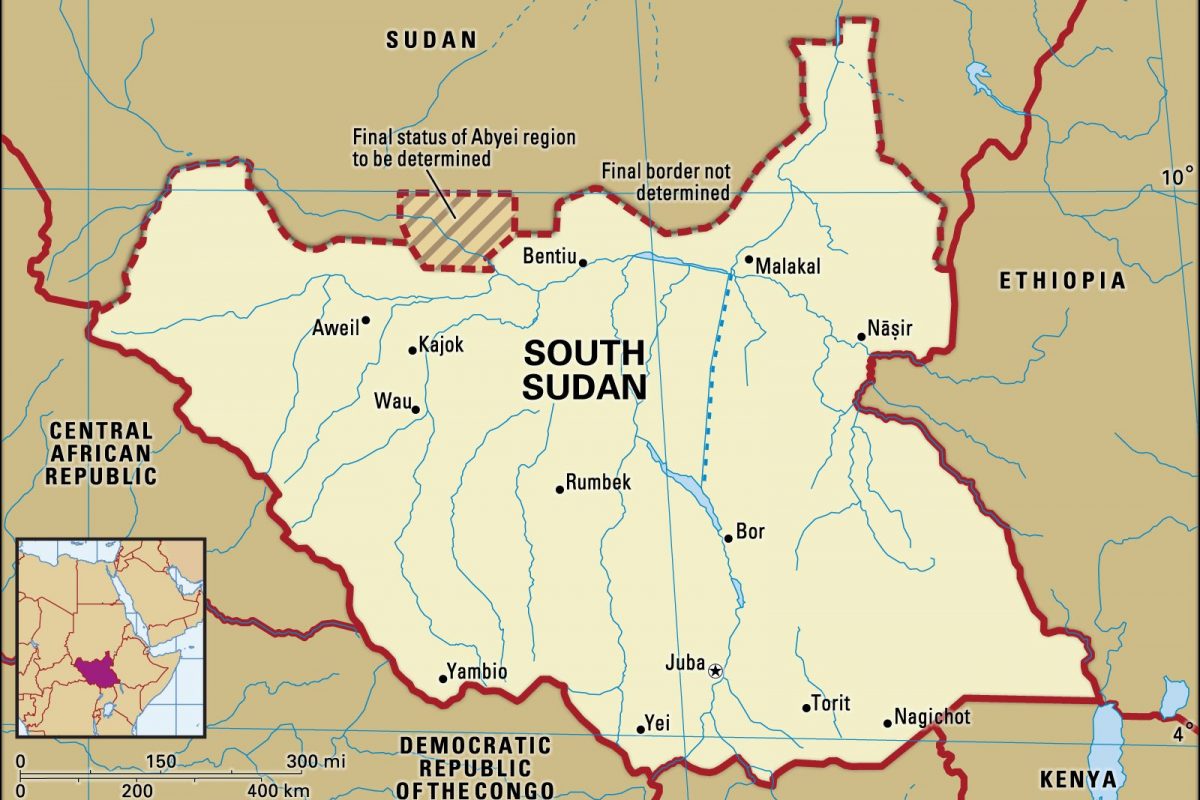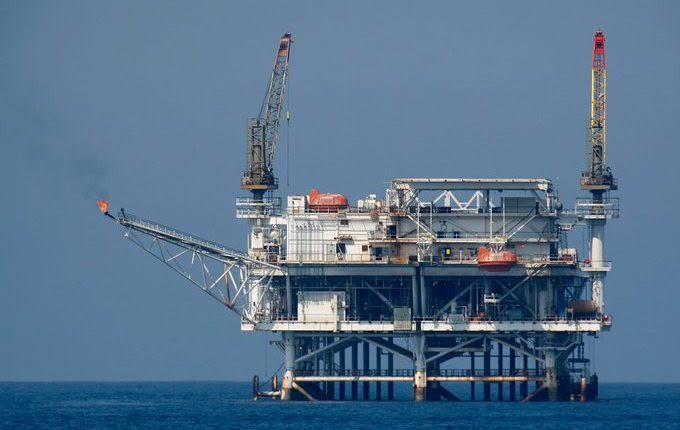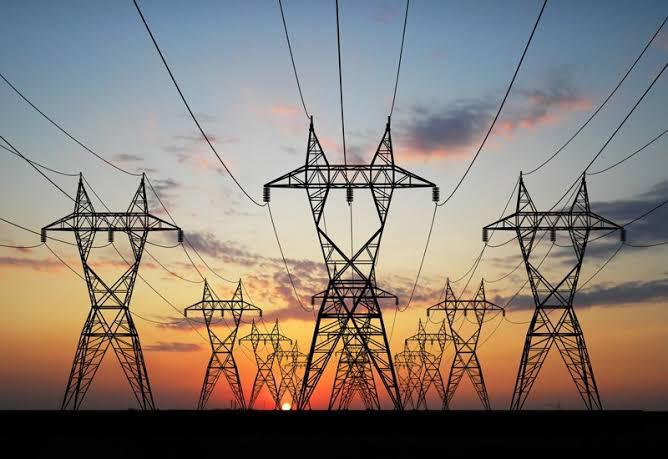South Sudan has launched a tender for a comprehensive environmental audit of all the oil-producing fields in the country, as it aims to balance socioeconomic development needs with environmental concerns.
The tender is to help reduce pollution and align with the growing environmental trend of cleaner sources of energy. The audit is to facilitate economic regrowth through the hydrocarbon industry.
South Sudan has the third-largest oil reserves in sub-Saharan Africa, estimated at 3.5 billion barrels. Although only about 30% of the country has been explored, oil remains the dominant source of revenue for the country.
The current output is estimated at 186,000 barrels per day, with the government hoping to increase it to between 350,000 and 400,000 barrels per day by the end of 2025. South Sudan is utilizing environmental stability and safety as a driving force for investment in the energy sector.
Although the government is keen to drive investments to the oil sector of South Sudan, it has required an environmental audit to address potential environmental damage, including loss of grazing land, deforestation, soil and water contamination and local community impact.
The Minister of Petroleum, Puot Kang Chol, said: “On behalf of the Government, I am pleased to announce to you the full environmental audit in all oil fields in the country. The audit will cover the current oil-producing fields in Blocks 3 & 7, Blocks 1, 2 & 4 and Block 5A.”
The country targets cleaner and safer operations, as existing fields resume production in the country. The government will develop an effective environmental management plan as well as evaluate the environmental input and potential risks associated with oil production and exploration, to enable it to impose the requirements necessary to ensure the safeguarding of communities and ecosystems.
A shortlist of companies have been invited to bid for the environmental audit. The tender will be conducted following the National Competitive Bidding Procedures contained in the Government’s Interim Public Procurement and Disposal Regulations 2018.



